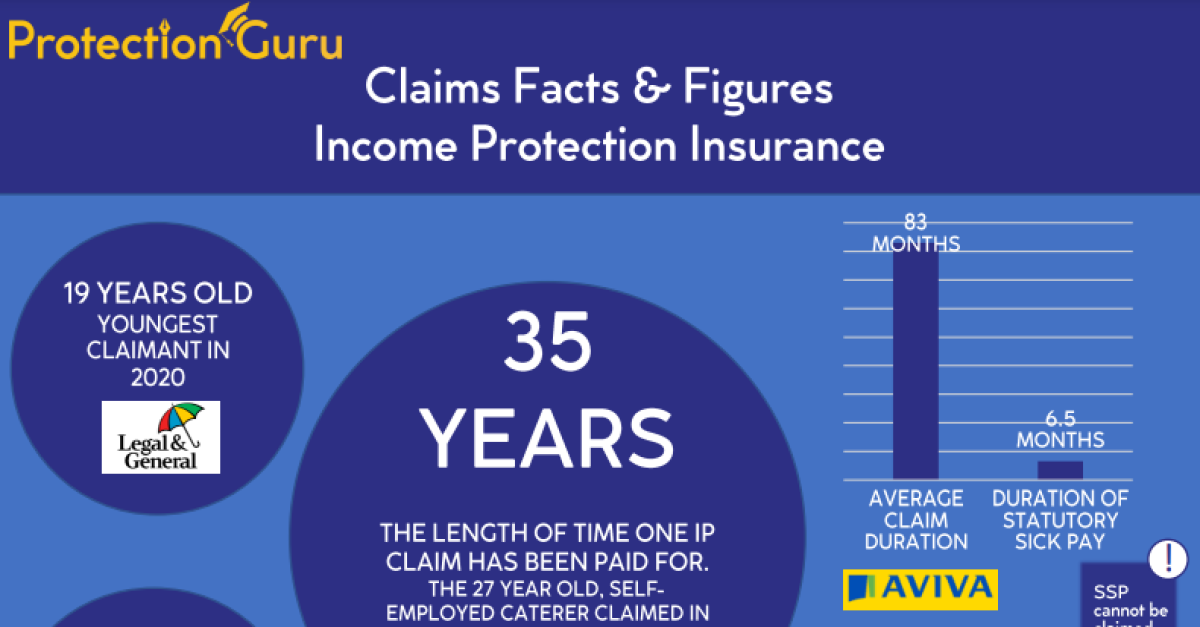
Addressing the income needs of different demographics – Everything you need to know

Income protection plans should be the foundation of every clients financial planning. The base upon which resiliance can be added to other finances; from the house they call home, through family holidays (when we can again) to those special little treats that make a difference, everything depends on income. Never has this been more obvious than it is today in the current environment where the very common objection that ‘it won’t happen to me’ is easily dispelled. Income protection is there to do one thing only – provide a replacement income if your client falls ill or suffers an injury. There is no doubt that more and more clients are heeding adviser advice about the importance of protecting their income. This week we take a look at the ways to talk about income protection to different client demographics.
Medical & Public Sector Professionals
Arranging an income protection policy for NHS medical professionals, teachers, and public sector workers can be a daunting task for advisers, especially when it comes to matching the defer period with the clients’ sick-pay arrangements. Typically, most insurers provide a fixed defer period of 4, 8, 13, 26, or 52 weeks, which may not be flexible enough to align with the sick pay provision in certain professions. However, some insurers have acknowledged this issue and now offer sick-pay matching defer periods for specific occupations. This insight delves into those options in greater depth.
Teachers
Like any working individual, ensuring clients that are working in the teaching profession have adequate protection provision in place is crucial. Whilst in many cases those working as teachers will be covered by a sick pay scheme of some form, this will typically only ever be for a limited period of time, so additional protection insurance will be necessary.
Finding income protection for teachers can be more complicated than sourcing cover for other professions, because of the way their employer sick pay arrangements work. Most schools, including academies and multi-academy trusts follow a respective England, Wales or Scotland ‘Conditions of Service’ guidelines when it comes to sick pay:
Carers
Next week marks Carers Week 2023 (5th-11th June), “an annual campaign to raise awareness of caring, highlight the challenges unpaid carers face and recognise the contribution they make to families and communities throughout the UK“. In support of this campaign, in this insight we’re examining the carer benefits and support included on income protection plans.
To read more click here
Watch out for future “Everything you need to know” pieces where each week we will cover a different topic and provide you with the information you need to know to discuss the topics with your clients.




















